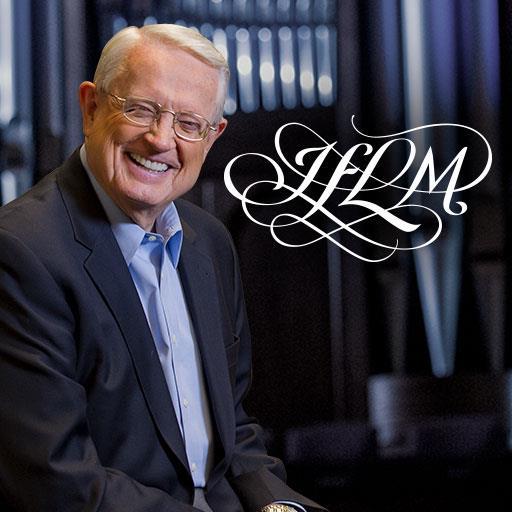Before we close this week’s study, let’s revisit the sages’ fool. The English language defines a fool as someone who’s a little mischievous or who makes foolish decisions. Hebrew culture, however, took the term fool far more seriously. We have considered three different kinds of internal opposition to divine leading, opposition that the Hebrew language describes using no less than four terms. Each term quantifies the level of foolishness in a person, and each successive term on the list reflects greater opposition than the previous one:
Peti: Undiscerning, unable, or unwilling to distinguish between truth and falsehood
Kasal: Lacking knowledge or practical experience; mentally sluggish
Nabal: Willfully closed to wisdom and brutishly destructive to self and others
Letz: Incorrigibly and willfully rebellious against God
You may notice that moral culpability increases with intellectual capacity. In other words, those who possessed the least intelligence were the least to blame for their opposition. For the Hebrews, the greatest fool of all was the opposer who possessed the greatest mental capacity. Solomon and the wise men of Israel didn’t measure wisdom and foolishness in terms of IQ; for them, prudence is a measure of one’s obedience to God.
From Living the Proverbs by Charles R. Swindoll, copyright © 2012. Reprinted by permission of Worthy Inspired., an imprint of Hachette Book Group, Inc.
Used with permission. All rights reserved.
Listen to today's broadcast of Insight for Living with Chuck Swindoll at OnePlace.com.
Visit the Bible-teaching ministry of Chuck Swindoll at www.insight.org.








